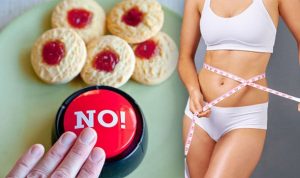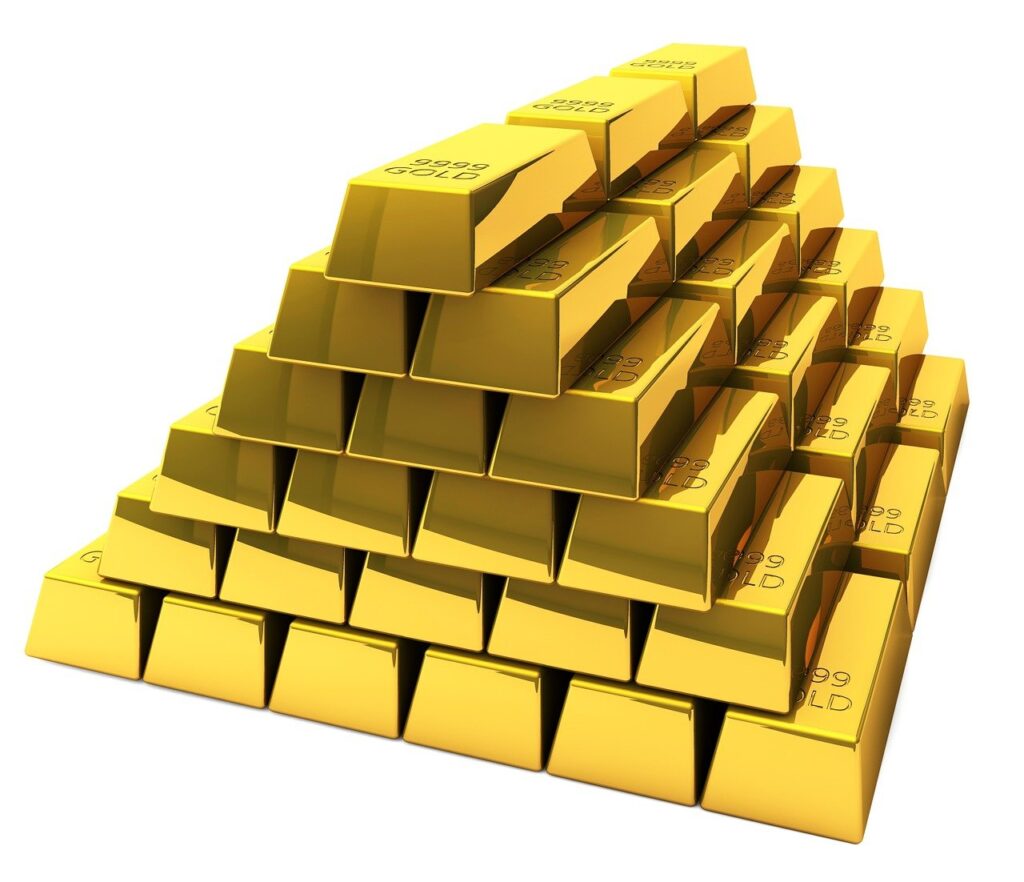
Best Secrets for Hair Slugging And Best food For hair fall: Should you be doing it? Slugging, the widespread habit of slathering a thick coating of petroleum jelly on your face before bed may be familiar to you. This skin-protective technique is supposed to keep the skin moisturised and supple by locking in moisture.
If you have dry skin and reside in a chilly area, it may be beneficial. “To assist counteract dry winter skin, I have three words: moisturise, moisturise, moisturise,” Shari Marchbein, M.D., a board-certified dermatologist, told Glamour.
This skincare routine may help revive dry skin and leave you looking baby smooth, but it’s not a one-size-fits-all solution. After all, not everyone can benefit from all of the latest beauty trends. According to USA Today, face slugging may feel heavy on your skin, and if your complexion is prone to breakouts, the thick jelly has the potential to clog pores and worsen acne.

While slugging may be used as part of a skincare routine, we’ve now moved on to a new sort of slugging that is only for hair.
The Newest Beauty Craze is Hair Slugging.
Hair slugging is similar to face slugging in that it involves applying a nourishing oil to your hair and then wrapping it in a sock to preserve it as you sleep. Since TikTok user Monique Rapier introduced this classic procedure to a new generation of individuals with dry hair, the fad has taken off.

Monique suggests putting a mild oil on your hair and then sleeping with a fuzzy sock to protect your hair from friction. By the way, she makes it seem like gathering long hair in a little sock is a wonderful achievement. She claims she’s been doing this for a year and her hair has never been brighter or silkier.
This nightly procedure, according to Monique, also prevents hair from split ends and damage. Her hair has a lot of shine to it and seems like it could be in a shampoo commercial, but again, this isn’t for everyone. According to Self, if your hair is excessively greasy, some style products may exacerbate the condition.
Also, when you first test it out, you may want to avoid using your favourite pillows and instead wear a sleeping bonnet. You could stain your bedding until you figure out how to tie the perfect sock-covered ponytail.
Foods that Promote Hair Growth

Many individuals, particularly as they become older, desire thick and healthy hair.
Your hair grows at a rate of around 0.5 inches (1.25 cm) each month and 6 inches (15 cm) per year. Age, health, genetics, and food all influence how quickly it develops.
Although you can’t alter things like your age or your heredity, you can manage your nutrition. In reality, a diet deficient in essential nutrients might cause hair loss.
Eating a well-balanced diet rich in essential nutrients, on the other hand, may aid hair development, particularly if you’re suffering from hair loss as a result of poor nutrition.
Top 5 finest foods to consume to encourage hair development are listed below.
1. Eggs No
Eggs are high in protein and biotin, two elements that may help hair grow faster.
Because hair follicles are largely formed of protein, eating enough protein is essential for hair development. Hair loss has been linked to a lack of protein in the diet (1Trusted Source).
Biotin is required for the creation of keratin, a hair protein, which is why biotin pills are often sold as hair development supplements. Biotin supplementation has also been found to increase hair growth in persons who are deficient in vitamin (2).
Biotin deficiency is rare in those who eat a well-balanced diet. There is minimal evidence that ingesting additional biotin benefits healthy individuals (3Trusted Source).
Eggs are also high in zinc, selenium, and other hair-nourishing elements. As a result, they’re one of the greatest meals to eat for healthy hair.
2. Berry
Berries are high in antioxidants and vitamins that may help with hair development.
Vitamin C, for example, has potent antioxidant effects.
Antioxidants may help protect hair follicles from damage caused by free radicals, which are destructive chemicals. These compounds may be found in the human body and in the environment (5Trusted Source, 6Trusted Source).
1 cup (144 grammes) of strawberries, for example, offers 141 per cent of your daily vitamin C requirements (7).
Vitamin C is also used by the body to make collagen, a protein that helps keep hair from becoming brittle and splitting (8Trusted Source, 9Trusted Source).
Furthermore, vitamin C aids in the absorption of iron from the food. Anaemia, which has been related to hair loss, may be caused by low iron levels (10Trusted Source).
In conclusion, berries are abundant.
Antioxidants and vitamins, for example, may help to encourage hair growth. For
Strawberries, for example, are high in vitamin C, which stimulates collagen formation.
Hair development may be aided by iron absorption and other reasons.
3. Lettuce
Spinach is a nutritious green food that is high in folate, iron, and vitamins A and C, all of which may help with hair development (11).
Vitamin A promotes the production of sebum by the skin glands. This oily material keeps hair healthy by moisturising the scalp (12Trusted Source, 13Trusted Source).
A cup (30 grammes) of spinach may provide up to 54% of your daily vitamin A requirements (11).
Spinach is also a good source of iron, which is necessary for hair development. Iron aids development and repair by assisting red blood cells in transporting oxygen throughout the body to fuel metabolism (14Trusted Source).
Furthermore, hair loss has been connected to iron deficiency (10Trusted Source).
Spinach is high in vitamins and minerals.
Hair development may be aided by folate, iron, and vitamins A and C. a shortcoming
Hair loss may occur if certain nutrients are deficient.
4. Saturated Fat Fish
Nutrients found in fatty fish such as salmon, herring, and mackerel may aid hair development.
They’re high in omega-3 fatty acids, which have been linked to increased hair growth.
A study of 120 women revealed that taking an omega-3 and omega-6 fatty acid supplement with antioxidants decreased hair loss and enhanced hair density (15Trusted Source).
In another research, women with thinning hair who took a fish oil supplement had a substantial reduction in hair loss and an increase in hair growth (16Trusted Source).
Only a few research on omega-3 fatty acids and hair development have been conducted. Before health professionals can offer any suggestions, further research is required.
Fatty fish is also high in protein, selenium, vitamin D3, and B vitamins, all of which may aid in the growth of strong and thick hair (17).
Salmon may be purchased online.
In conclusion, fatty fish enjoy
Omega-3 fatty acids are abundant in salmon, herring, and mackerel.
have been related to increased hair density and growth. However, there are just a few of them.
There have been few research in this field, and more are required.
5. Sweet potatoes are number
Beta-carotene is abundant in sweet potatoes. This molecule is converted by the body into vitamin A, which is associated to healthy hair.
A medium sweet potato (114 grammes) has enough beta-carotene to provide four times your daily vitamin A requirements (18).
Vitamin A boosts the production of sebum, which helps to maintain hair healthy, according to research.
Furthermore, vitamin A may help to speed up hair development and boost the formation of thicker hair, all while avoiding the regress of other hair follicles (19, 20).
Summary Sweet potatoes are a kind of root vegetable.
Vitamin A is high in this substance, which aids in sebum production. It also comes with
additional variables that may aid in hair growth acceleration



